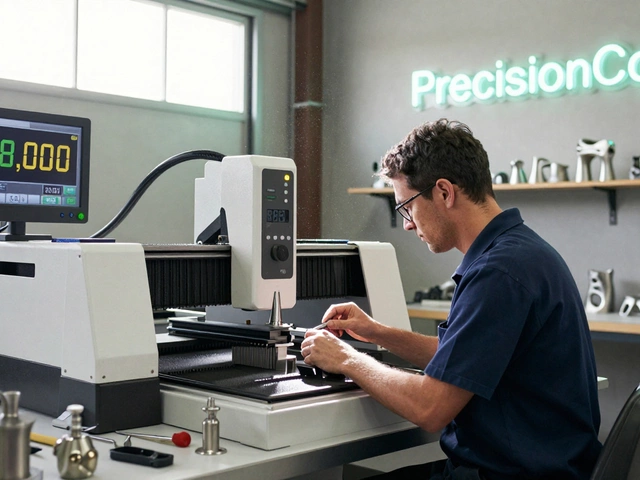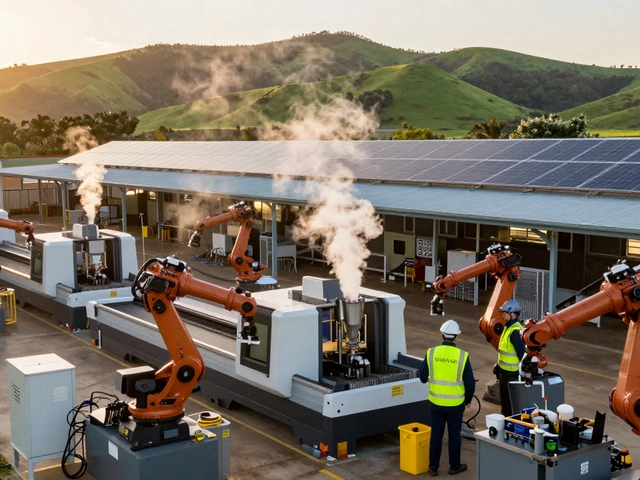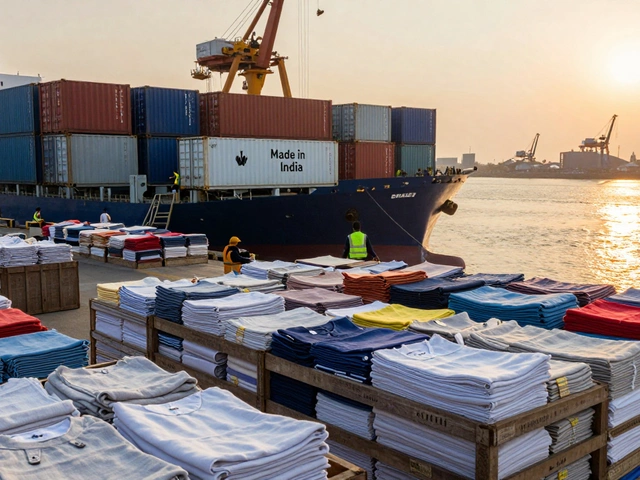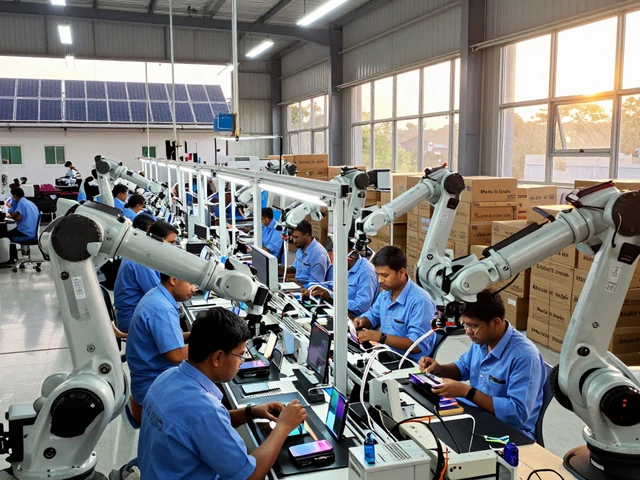Small Scale Industries: How to Start, Budget, and Grow
Thinking about launching a small scale industry? You’re not alone. Thousands of entrepreneurs are turning ideas into factories every year. The good news is that you don’t need a massive budget or a PhD in engineering to get started. Below you’ll find a step‑by‑step plan that covers everything from choosing the right product to handling licences and keeping costs under control.
Pick the Right Product and Market Niche
The first decision that makes or breaks a small factory is the product you’ll make. Look for items that have steady demand but aren’t flooded with competitors. Recent market data shows that low‑competition sectors like specialty food processing, eco‑friendly packaging, and custom metal parts are ripe for new players. Ask yourself: does the product solve a real problem? Can you source raw material locally? If the answer is yes, you’ve got a solid foundation.
Once you have a shortlist, test the idea with a small batch. Use social media polls or local retailers to gauge interest. This cheap validation step saves you time and money before you invest in machinery.
Calculate Real Startup Costs
Many newcomers underestimate the cash needed to launch. A realistic budget includes three parts: equipment, licences, and working capital. Equipment costs vary widely – a basic spice‑mixing unit may cost a few thousand rupees, while a small metal‑working line can run into lakhs. Licences are non‑negotiable; you’ll need a factory licence, pollution clearance, and possibly food‑safety certification if you’re in the food sector.
Working capital covers raw material, wages, and utilities for the first three to six months. A recent guide estimates that a typical small scale business in India needs anywhere between ₹5 lakhs and ₹20 lakhs, depending on the industry. Add a 10‑15% buffer for unexpected expenses.
Don’t forget recurring costs like electricity, water, and waste disposal. Some states offer subsidies for energy‑efficient machines, so explore those options to trim the bill.
Secure Licences and Meet Regulations
Getting the right paperwork is often the most time‑consuming part. Start with the local district industrial centre – they can walk you through the application process. For food units, the FSSAI licence is mandatory; for chemicals, check the latest banned‑chemical list to avoid legal trouble.
Compliance isn’t just about avoiding fines; it builds trust with customers and partners. Keep a digital folder of all certificates, renewal dates, and inspection reports so you never miss a deadline.
Build a Lean Production System
When you finally have machines in place, focus on the 5 M’s of manufacturing – Man, Machine, Material, Method, Measurement. Train your staff (Man) on the exact operation of each machine (Machine). Source quality raw material (Material) from reliable suppliers, and document every step (Method) so you can measure output (Measurement) and spot waste quickly.
Implement simple tools like a daily production sheet and a visual board for work‑in‑progress. These low‑cost tricks often give the same boost as expensive software for a small operation.
Market Your Product and Scale Smartly
Even the best product can fail without a clear sales plan. Start with local retailers, farmer markets, or online platforms that cater to niche buyers. Highlight what makes your product different – be it eco‑friendly packaging, faster delivery, or locally sourced ingredients.
Once sales pick up, reinvest profits into better machinery or a wider product line. Avoid taking large loans early; let cash flow drive growth. This approach keeps risk low and gives you the flexibility to pivot if market trends shift.
Launching a small scale industry is a mix of good ideas, careful budgeting, and consistent execution. Follow the steps above, stay on top of regulations, and keep listening to your customers. With the right focus, your factory can move from a modest workshop to a thriving business in a few years.
Small Scale Industries: Why the Focus Matters Most
Small scale industries (SSI) pack a serious punch by driving local economies and creating jobs. This article explains why there’s a big focus on these businesses, from their unique advantages to the everyday challenges they face. We’ll dig into how SSIs help communities, what hurdles they deal with, and tips for anyone thinking about getting into the game. You’ll get a real sense of what makes these industries tick and why paying attention to them makes a difference for everyone. Grab some insider tips and see how even small steps can create huge ripples in manufacturing.
Read More




